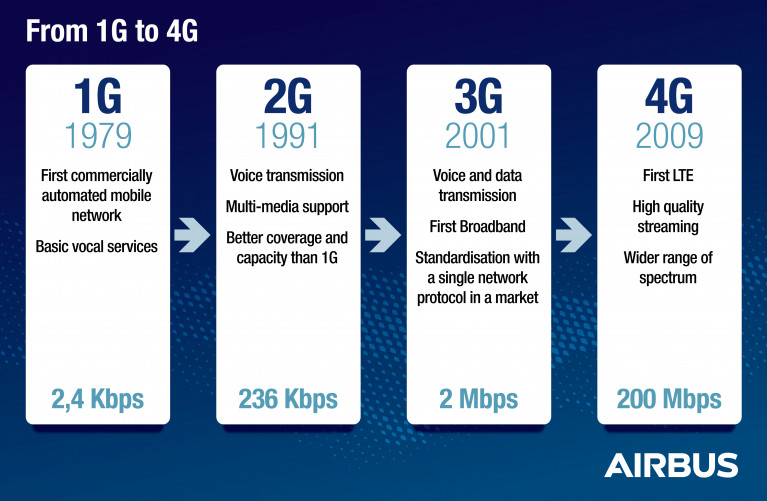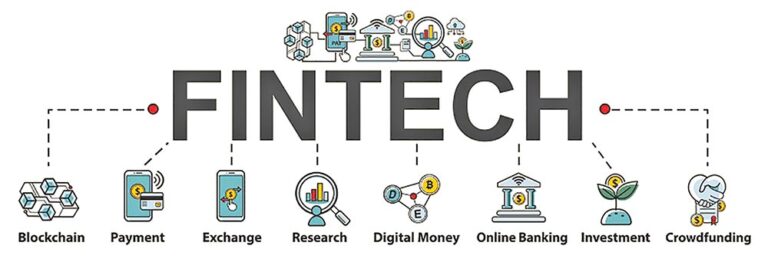What Is The Scope Of Technology Management?
Technology management is an interdisciplinary field that focuses on the effective and efficient use of technology in order to create and manage value for organizations. It involves the management of resources, processes, and technologies to ensure that the desired objectives are achieved in a cost-effective manner. Technology management includes the strategies, techniques, and tools used to manage technology and its application to business objectives. It covers a variety of topics, such as the development and implementation of technology strategies, the management of technology projects, and the integration of technology into organizational processes. The scope of technology management is broad and includes the areas of software development, hardware design, network engineering, information security, and IT service management. It also covers the areas of data management, business intelligence, and digital transformation. Technology management helps organizations to effectively utilize their technology resources and maximize their business opportunities.
Definition of Technology Management
Technology management is the application of management techniques to the development and implementation of technology within an organization. It is a process of controlling and managing the use of technology, along with its associated resources and activities, to achieve organizational goals. It involves the assessment and management of an organization’s technology portfolio, which includes the acquisition, deployment, maintenance, and disposal of its technology resources. Technology management also includes the management of IT infrastructure, software, applications, and services. It is a key driver of innovation and competitiveness, and is responsible for the efficient and effective use of technology resources to maximize organizational performance and benefit. Technology management is an ongoing process, and requires constant monitoring and adjustment to ensure that it meets the needs of the organization.
Types of Technology Management
Technology Management is a broad field that encompasses a range of disciplines, from computer engineering to electrical engineering. It covers a wide range of topics, such as data management, software engineering, database systems, networking, information systems, and more. It requires a combination of technical and managerial skills to effectively manage a company’s technology resources, such as software, hardware, and IT infrastructure.
Technology managers decide which type of technology should be used to best meet the needs of the organization, while also ensuring that the technology is implemented and maintained in a cost-effective manner. There are several types of technology management, including network management, systems management, database management, product development, software engineering, and security management.
Network management involves the installation, maintenance, and troubleshooting of network infrastructure. Systems management deals with the effective use of software to improve organization operations. Database management focuses on the storage, retrieval, and manipulation of data, while product development focuses on the conception, design, and implementation of new products. Software engineering covers the design, development, and maintenance of software, while security management includes the implementation of security measures to protect data and network assets.
Technology management plays an important role in the success of an organization. By utilizing the right tools, technologies, and processes, managers can optimize operations and ensure that their organization is able to stay competitive in the current market.
Benefits of Technology Management
Technology management is a broad concept that encompasses the strategies, processes, and practices of managing all elements of technology, such as hardware, software, networks, systems, and services. By applying technology management principles, organizations can achieve their goals more efficiently, while optimizing their resources, improving their operations, and boosting their profitability.
The scope of technology management is vast, but the primary benefits include cost savings, increased efficiency, better customer service, enhanced security, improved data access, and improved scalability.
Cost savings are achieved by leveraging technology to automate processes and streamline operations. This can be done by investing in the right technology and implementing the most cost-effective solutions.
Increased efficiency is achieved by utilizing technology to streamline operations and reduce manual labor. For example, automation and artificial intelligence can be used to manage customer relationships, automate customer service tasks, and improve the accuracy of data entry.
Moreover, better customer service is achieved by leveraging technology to improve the customer experience. Automation and artificial intelligence can be used to improve customer interactions, such as providing personalized recommendations and responding quickly to customer inquiries.
Furthermore, enhanced security is achieved by utilizing the right technology to protect data and systems from malicious attacks. This includes implementing the latest security protocols and investing in the best security solutions.
Finally, improved data access and scalability are achieved by utilizing the right technology to store, access, and analyze data. This can be done by investing in the latest data management systems and leveraging cloud computing services to improve scalability.
Technology management is a powerful tool that can help organizations achieve their goals. By leveraging the right technology and implementing the most effective solutions, organizations can achieve cost savings, increased efficiency, better customer service, enhanced security, improved data access, and improved scalability.

The Role of Technology Managers
Technology management is a rapidly growing field with a variety of roles and responsibilities. As technology continues to evolve, so do the skills and knowledge required to be a successful technology manager. Technology managers are responsible for creating and implementing strategies that ensure the smooth functioning of the organization’s technology infrastructure, and they must be able to stay on top of the latest trends and advances in the industry.
A technology manager’s job scope includes overseeing the installation, configuration, and maintenance of hardware and software systems, as well as the development of new technologies to meet the needs of the organization. They must possess strong technical skills in order to stay ahead of the competition. Additionally, they must be able to manage multiple projects at once and demonstrate excellent problem-solving and decision-making skills.
Technology managers must be able to communicate effectively and efficiently with stakeholders in order to ensure that their projects are completed on time and within budget. They must also be able to coordinate with other departments in the organization to ensure that all of the organization’s technology needs are met. Furthermore, technology managers need to be able to identify and implement security measures to protect the organization’s data and systems.
Technology management is a rewarding career that offers a wide range of opportunities for professional growth and development. Those who pursue a career in technology management can look forward to a long and successful career in the field.
Challenges of Technology Management
Technology management is a broad field of study that involves the application of technology-based solutions to address various organizational and business challenges. As technology advances and becomes more complex, the scope of technology management grows exponentially. This has created a host of new challenges for technology managers, including a need for specialized knowledge, skills, and experience in areas such as artificial intelligence, machine learning, and data analytics. Technology managers must also be aware of the potential risks associated with the use of technology and develop strategies to mitigate these risks. Additionally, technology managers must be able to effectively communicate with stakeholders and ensure that their organization is able to use technology strategically. Technology management is an ever-evolving field, and the scope of technology management will continue to expand as technology continues to develop. Therefore, it is essential for technology managers to stay up to date with the latest trends and developments in the field in order to ensure that their organization is able to effectively leverage technology.
Future of Technology Management
As the world is rapidly evolving, technology is becoming increasingly vital to daily life. Technology management is a field of study that focuses on understanding the complexities of technology and its impact on business and society. Technology management involves the planning, design, implementation, and maintenance of technology solutions to solve organizational problems. It requires a combination of technical, operational, and strategic skills.
The scope of technology management is vast and ever-expanding. It encompasses a range of disciplines, including artificial intelligence, cybersecurity, cloud computing, data science, and mobile technology. As technology continues to advance, technology managers must stay abreast of the latest developments in order to make informed decisions and develop efficient strategies.
Technology management professionals are in high demand. Companies need individuals with the knowledge and skills to manage technological resources to ensure that their organization remains competitive. As technology becomes more intertwined with business operations, technology managers have the opportunity to shape the future of organizations.
The scope of technology management is broad and ever-growing, and the need for qualified professionals with the right skillset is increasing. With the right education, training, and experience, technology managers can help organizations take advantage of the latest technological advances and stay ahead of the competition.
FAQs About the What Is The Scope Of Technology Management?
Q1: What is technology management?
A1: Technology management is the application of management principles and practices to the development, acquisition, deployment, and operation of technology-based products and services. It involves the coordination of resources, processes, and people to effectively and efficiently use technology to achieve organizational objectives.
Q2: What are the benefits of technology management?
A2: Technology management can help organizations stay competitive in a rapidly changing environment. It can improve operational efficiency, reduce costs, and increase customer satisfaction. Additionally, technology management can help organizations leverage new technologies to gain a competitive advantage.
Q3: What skills are required for technology management?
A3: Technology management requires a broad range of skills including project management, systems analysis, software development, budgeting, and strategic planning. Additionally, technology managers must be able to work with a variety of stakeholders and possess strong communications and interpersonal skills.
Conclusion
Technology management is a field that is rapidly growing and evolving. It is a field that blends principles from both business and technology to provide organizations with the tools and resources to manage and maximize their information technology investments. Technology management encompasses a wide range of topics such as project management, software engineering, business process management, data management, network security, and more. Technology management is essential for any organization looking to stay competitive in today’s digital world. With the right tools and resources in place, organizations can maximize their technology investments and ensure they are staying up-to-date with the latest advancements in technology.


